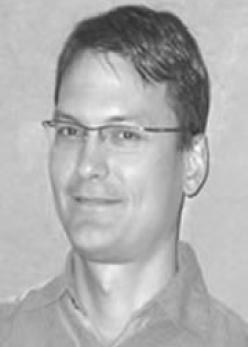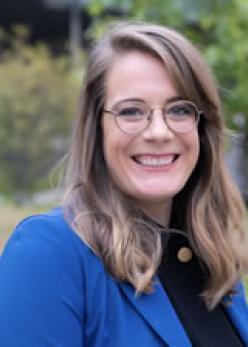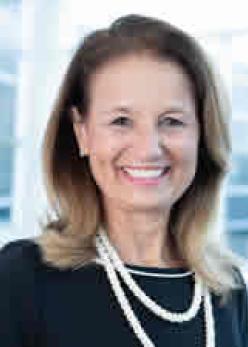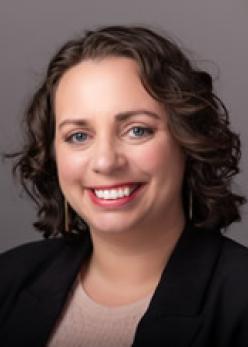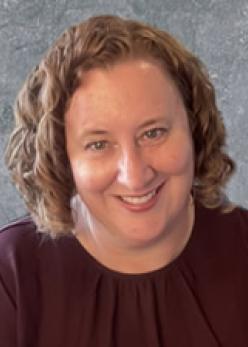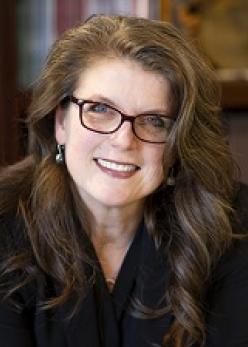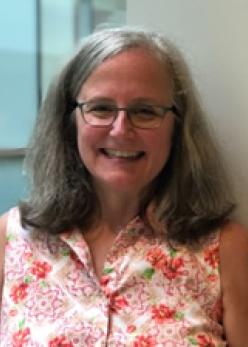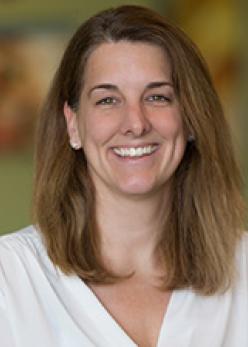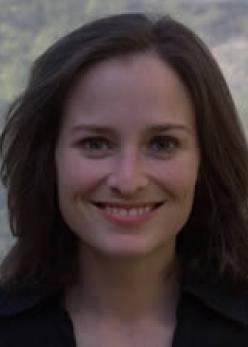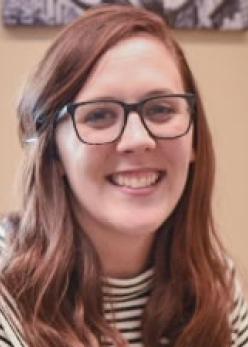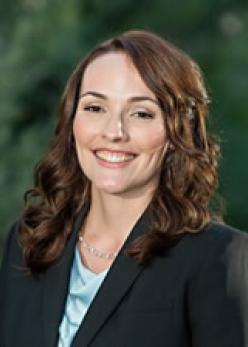Special Education Program Curriculum & Admission Requirements
The Ph.D. in Special Education at the University of Kansas focuses on the formation of scholars, highly-competent, and socially-committed educational researchers, leaders, and teacher educators who design, develop, and use educational and social interventions that result in transformational outcomes. Because such a professional identity requires students to play an active role in its development, the doctoral program is premised on four instructional principles:
- (a) problem-centered learning focusing on the formulation of significant research questions and specification of corresponding methods of inquiry;
- (b) apprenticeship with multiple mentors involving intentionality, collective responsibility, recognition, respect, trust, and reciprocity;
- (c) creating and sustaining a safe and engaging intellectual community/culture in which students feel support among themselves and in collegial relations with faculty; and
- (d) scholarly integration in which the teaching and research mission of the department and faculty is closely linked.
PROGRAM STRUCTURE
Teaching requirement
Internship requirement
Comprehensive examination
Dissertation
more program structure
Multi-Cultural/Multi-National
Focus on Research
Program Curriculum
The program’s curriculum prepares doctoral students for professional positions in a variety of settings. The student works closely with an advisor to determine a plan of study. The Ph.D. degree requires rigorous study in research, educational foundations, disability issues, special education, organizational and individual change, curriculum, teaching, and program development. The curriculum requirements outlined below are the minimum required for the degree. To be adequately prepared for an intended career, the student’s advisor may encourage additional coursework or opportunities, which may include presenting and/or publishing scholarly papers.
Course Requirements
Courses
Please note, this is a potential plan of study. Please consult with your faculty advisor before enrolling. The standard courses involved in the program are listed above. Students will develop a personalized program plan with their advisor. Additional requirements include major courses, research courses, courses outside the department and specialization courses.
Ph.D. in Special Education Graduate Admission
Applicants must have a master’s degree or equivalent with at least a 3.5 grade point average on a 4.0 scale. International applicants are strongly encouraged to complete the application process well in advance of the application deadlines, in order to ensure adequate time for processing of visa related paperwork. Meeting minimum admission standards does not guarantee admission to the program.
Applicants are strongly advised to establish a dialogue with one (or more) faculty members in the preferred specialization area prior to applying for the doctoral program. The purpose of the dialogue is to understand how the applicant’s scholarship interests align and/or intersect with departmental faculty, and to ensure the specialization focus aligns with the applicant’s interests and skills.
Finally, meeting with faculty will assist in identifying a good match with a specialization advisor. This dialogue also is critical for applicants to learn about various social, academic, and teaching aspects of the doctoral experience that will complement development as a scholar. Communicating with specialization faculty prior to submitting an application is strongly recommended and is considered vital to the department admissions process.
applicant info
Application review
Professional training
Available Funding
Application Deadline
Application materials will continue to be accepted based on available space and funding. Applicants who are identified as a finalist will be invited to interview sometime in late January or early February. Please contact department admissions for more information.
Application Checklist
Ph.D. in Special Education
Applicants are required to submit the following materials and meet the following requirements before the application deadline:
List
Online application
Complete through the KU Office of Graduate Admissions.
Letter of Introduction
Prepare a personal letter of introduction addressed to the faculty member you wish to study under. The letter should present a thorough and precise summary of your professional preparation, qualifications, objectives for doctoral study, and projected career goals so that reviewing faculty members can become well acquainted with you. The quality and clarity of your writing skills will also be assessed through this letter. Please identify the topic of interest you wish to study in. Click the link above for details.
Transcripts
For application purposes, you may attach scanned versions of official transcripts to your application for all degrees conferred. If you are admitted to a program and accept the admission offer, you will be required to submit an official, final transcript that shows your degree has been conferred. Click the link above for mailing details.
Resume or CV
Prepare a professional resume describing past employment experiences, licensure received, educational preparation, number of years teaching experience, publications and presentations, professional association memberships, and other professional activities.
Letters of recommendation
You will submit the names and email addresses for three references when you apply online. The references should reflect individuals who can provide a thorough and objective evaluation of your abilities as an effective practitioner with students with disabilities and your abilities to pursue advanced study at the doctoral level. Two of the three references should address this latter set of abilities.
Proof of English proficiency
Applicants who are non-native speakers of English must demonstrate English proficiency in the skill areas of reading, writing, and listening. Please read the full policy and acceptable proof of proficiency options by clicking the link above for details.
Academic writing sample
Submit a sample of your scholarly writing. Click the link above for details.
Admission & Curriculum Resources
The online application is designed to give applicants the ability to submit all supporting documents in one form. We invite you to explore our graduate degree information, review our student resources, and learn more on our knowledgeable faculty and the vibrant community of Lawrence, Kansas.

